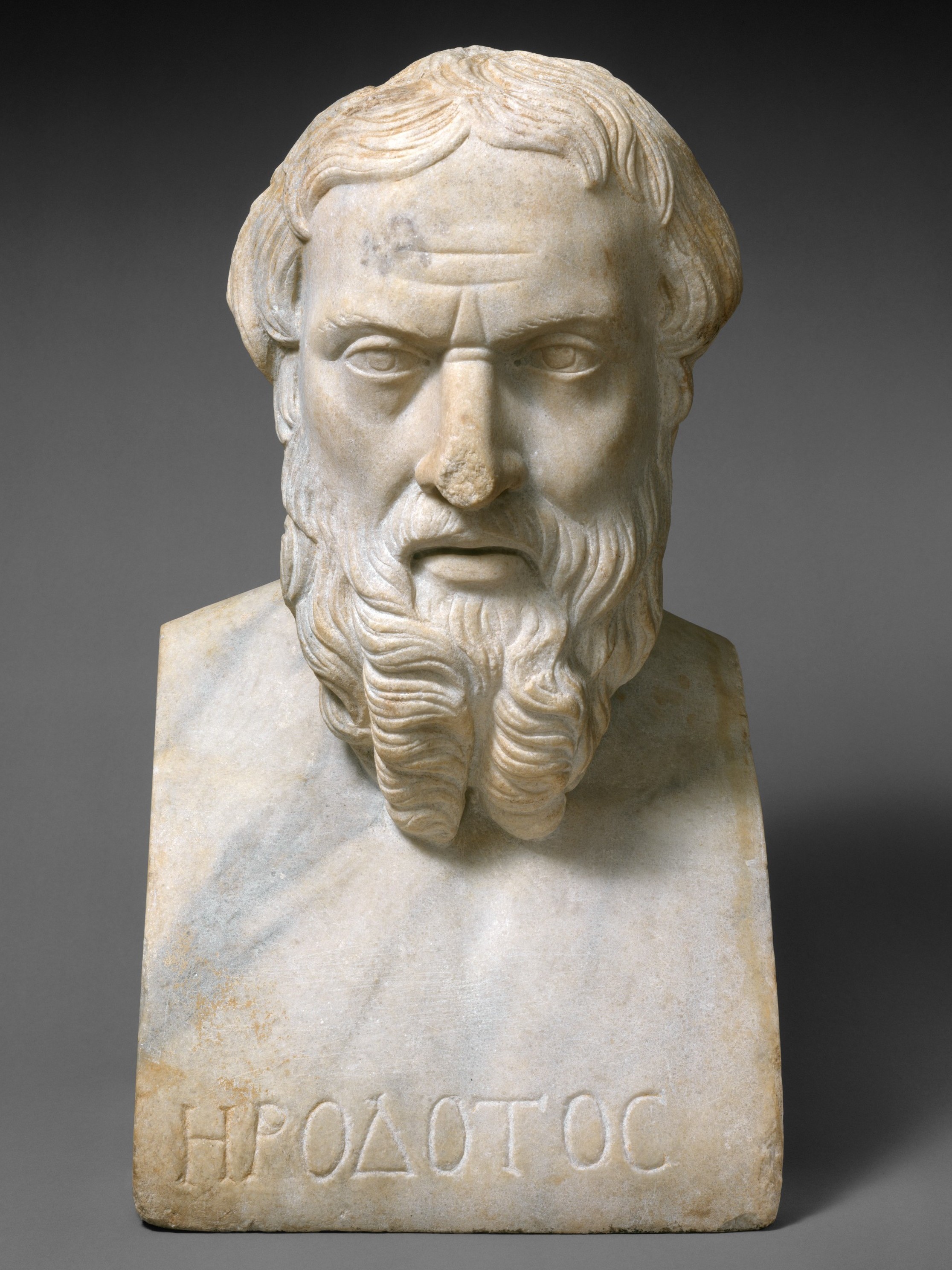
History
History (derived from Ancient Greek ἱστορία (historía) 'inquiry; knowledge acquired by investigation')[1] is the systematic study and documentation of the human past.[2][3]
This article is about the academic discipline. For a general history of human beings, see Human history. For a general history of Earth, see History of Earth. For other uses, see History (disambiguation).
The period of events before the invention of writing systems is considered prehistory.[4] "History" is an umbrella term comprising past events as well as the memory, discovery, collection, organization, presentation, and interpretation of these events. Historians seek knowledge of the past using historical sources such as written documents, oral accounts, art and material artifacts, and ecological markers.[5] History is incomplete and still has debatable mysteries.
History is an academic discipline which uses a narrative to describe, examine, question, and analyze past events, and investigate their patterns of cause and effect.[6][7] Historians debate which narrative best explains an event, as well as the significance of different causes and effects. Historians debate the nature of history as an end in itself, and its usefulness in giving perspective on the problems of the present.[6][8][9][10]
Stories common to a particular culture, but not supported by external sources (such as the tales surrounding King Arthur), are usually classified as cultural heritage or legends.[11][12] History differs from myth in that it is supported by verifiable evidence. However, ancient cultural influences have helped create variant interpretations of the nature of history, which have evolved over the centuries and continue to change today. The modern study of history is wide-ranging, and includes the study of specific regions and certain topical or thematic elements of historical investigation. History is taught as a part of primary and secondary education, and the academic study of history is a major discipline in universities.
Herodotus, a 5th-century BC Greek historian, is often considered the "father of history", as one of the first historians in the Western tradition,[13] though he has been criticized as the "father of lies".[14][15] Along with his contemporary Thucydides, he helped form the foundations for the modern study of past events and societies.[16] Their works continue to be read today, and the gap between the culture-focused Herodotus and the military-focused Thucydides remains a point of contention or approach in modern historical writing. In East Asia, a state chronicle, the Spring and Autumn Annals, was reputed to date from as early as 722 BC, though only 2nd-century BC texts have survived.
Teaching
Scholarship vs teaching
A major intellectual battle took place in Britain in the early twentieth century regarding the place of history teaching in the universities. At Oxford and Cambridge, scholarship was downplayed. Professor Charles Harding Firth, Oxford's Regius Professor of history in 1904 ridiculed the system as best suited to produce superficial journalists. The Oxford tutors, who had more votes than the professors, fought back in defense of their system saying that it successfully produced Britain's outstanding statesmen, administrators, prelates, and diplomats, and that mission was as valuable as training scholars. The tutors dominated the debate until after the Second World War. It forced aspiring young scholars to teach at outlying schools, such as Manchester University, where Thomas Frederick Tout was professionalizing the History undergraduate programme by introducing the study of original sources and requiring the writing of a thesis.[90][91]
In the United States, scholarship was concentrated at the major PhD-producing universities, while the large number of other colleges and universities focused on undergraduate teaching. A tendency in the 21st century was for the latter schools to increasingly demand scholarly productivity of their younger tenure-track faculty. Furthermore, universities have increasingly relied on inexpensive part-time adjuncts to do most of the classroom teaching.[92]
Nationalism
From the origins of national school systems in the 19th century, the teaching of history to promote national sentiment has been a high priority. In the United States after World War I, a strong movement emerged at the university level to teach courses in Western Civilization, so as to give students a common heritage with Europe. In the U.S. after 1980, attention increasingly moved toward teaching world history or requiring students to take courses in non-western cultures, to prepare students for life in a globalized economy.[93]
At the university level, historians debate the question of whether history belongs more to social science or to the humanities. Many view the field from both perspectives.
The teaching of history in French schools was influenced by the Nouvelle histoire as disseminated after the 1960s by Cahiers pédagogiques and Enseignement and other journals for teachers. Also influential was the Institut national de recherche et de documentation pédagogique (INRDP). Joseph Leif, the Inspector-general of teacher training, said pupils children should learn about historians' approaches as well as facts and dates. Louis François, Dean of the History/Geography group in the Inspectorate of National Education advised that teachers should provide historic documents and promote "active methods" which would give pupils "the immense happiness of discovery". Proponents said it was a reaction against the memorization of names and dates that characterized teaching and left the students bored. Traditionalists protested loudly it was a postmodern innovation that threatened to leave the youth ignorant of French patriotism and national identity.[94]